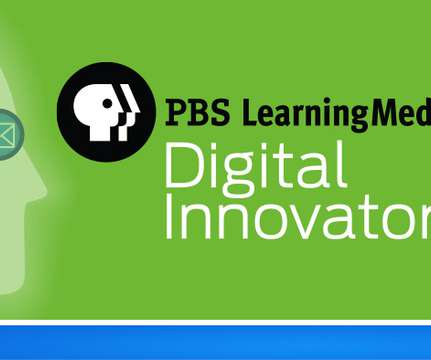Innovation In E-learning In The Last 10 Years
EdTech4Beginners
MARCH 7, 2018
The new E-learning technologies keep on evolving, and a lot of companies are investing in it to yield efficient employees. Furthermore, universities and school are also inclined towards diversifying their facilities through online courses. According to a Google report , almost 80% people don’t exit their homes sans smartphones.












































Let's personalize your content